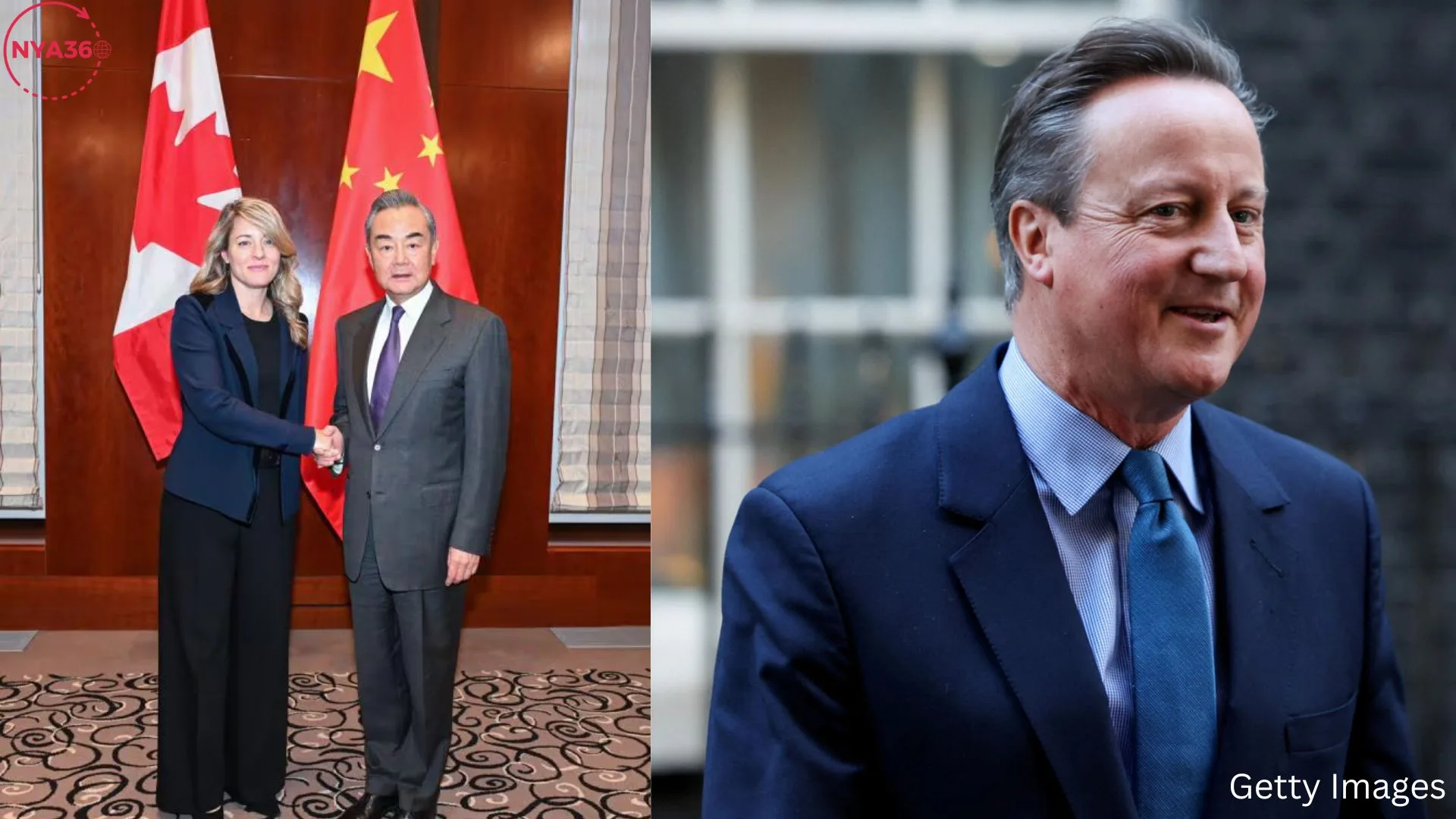As the United States approaches a possible presidential election that could result in Donald Trump returning to the Oval Office, the global political scene is seeing substantial changes. The G7 nations, which include important allies such as the United Kingdom and Canada, are carefully adjusting their actions in response to the changing American political environment. The current moment of geopolitical recalibration is characterized by instability and unpredictability in international relations, as seen by Canada’s surprising diplomatic engagement with China and the UK’s choice to refrain from imposing tariffs on Chinese electric cars (EVs).
The re-emergence of Donald Trump as a prominent candidate in the 2024 presidential campaign has caused significant disruption and surprise among the global community. The Trump administration, known for its “America First” strategy and tendency to challenge established global conventions, significantly affects international trade, diplomacy, and alliances. With his campaign for re-election gaining traction, countries within the G7 are reevaluating their approaches and partnerships, anticipating possible changes in US international relations.
Canada’s recent, surprise visit to China has been a notable move in this geopolitical chess game. The visit, conducted by Canadian Foreign Minister Mélanie Joly, signifies a notable change in Canada’s stance towards China, indicating a wider endeavor to readjust its foreign policy in response to possible shifts in US leadership. Canada’s choice to participate in high-level discussions with China, which has historically been a delicate topic due to the strained relationship between Beijing and Ottawa, exemplifies its effort to mitigate risks associated with the uncertainty surrounding US-China relations. The timing of this visit highlights Canada’s acknowledgment of the imperative to enhance its own diplomatic and economic relations autonomously from the future policies of the United States.

During the visit, Canadian officials and their Chinese counterparts engaged in discussions on various topics, including trade, investment, climate change, and global security. Canada’s diplomatic outreach demonstrates its aim to broaden its international alliances and safeguard its interests in response to the possibility of a more isolationist or aggressive US administration led by Trump.
In the meanwhile, the UK has gained attention by choosing not to impose duties on Chinese electric vehicles. This decision is regarded as a calculated step to uphold advantageous commercial connections with China, especially while the UK manages its economic situation after Brexit. The decision is made in light of the continuing debates within the UK government over the potential consequences of a Trump presidency on transatlantic trade and investment. The UK’s hesitancy to apply tariffs demonstrates a more widespread concern regarding the economic and political consequences of increasing trade tensions with China. Due to the confrontational approach of Trump’s previous government towards China, which involved imposing tariffs and trade limitations, probably, the UK is proactively modifying its policies to prevent getting entangled in the conflicts between the US and China over trade.
In addition, the UK’s stance on Chinese electric vehicles is consistent with its overall goal of becoming a dominant force in the global clean energy and environmentally friendly technology sectors. The UK seeks to strengthen its access to vital technology and innovations necessary for achieving its environmental and economic objectives by cultivating a favorable trading partnership with China.
The collective efforts of Canada and the UK highlight a wider pattern among G7 countries to readjust their foreign policies in preparation for a potentially tumultuous phase in US global affairs. The G7, comprising the most developed economies globally, is highly responsive to changes in US policy due to its substantial impact on worldwide trade, security, and diplomatic endeavors. Amidst these uncertainties, the G7 countries are adopting strategies that involve striking a delicate balance between preserving strong links with the US and actively engaging with other major global powers. The strategy employed by Canada and the UK underscores the importance for G7 countries to maintain flexibility and responsiveness in light of unforeseeable changes in the American political environment.

With the next US presidential election, it is evident that the geopolitical scene is undergoing significant changes. Canada’s unexpected diplomatic visit to China and the UK’s calculated choice of tariffs exemplify the wider adaptations being undertaken by G7 countries in reaction to the changing political environment. The likely resurgence of Donald Trump as president is driving a reassessment of foreign tactics, as countries strive to strengthen their positions and protect their interests in a time of growing unpredictability. The upcoming months will undeniably play a crucial role in determining the future dynamics of global diplomacy and trade, as the international community keenly observes the impact of the US’s political changes on the global arena.
Follow us on social media: Instagram, Threads & Twitter X @nya360_ YouTube & Facebook @nya360.





